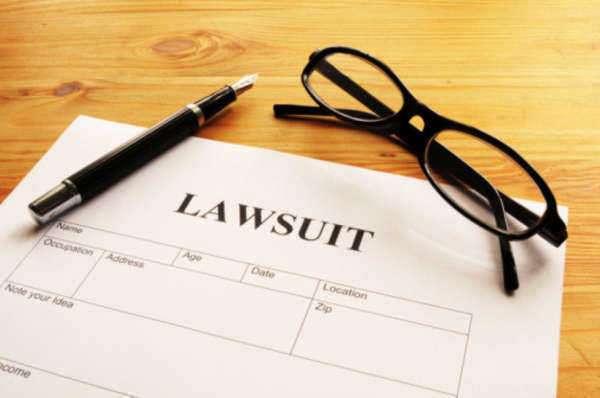Legal Extortion Explained In Depth
Legal extortion is very common in the United States. It is usually associated with lawyers who file lawsuits without gathering any facts or information about the case. This is a common practice for many lawyers, who launch lawsuits against individuals or companies that they know are unfounded as a way to legally extort money from them. Lawsuits that are filed without merit are considered to be lawsuits that are meant to legally extort the defendant.
A fee for services is one that is added to the payee's overall bill as a way to pay the individual for the services rendered. While the purpose of the actual fee for services varies, any people filing lawsuits will most likely have to pay their attorney a fee for service. Lawyers tend to think of this service as being billable hours. That means that the lawyer can charge a fee for services for every hour they spend working on the case. This can include everything from making phone calls on the plaintiff's behalf to going over legal documents pertaining to the lawsuit.
However, even though the lawyer charges an hourly fee for services, it is not the plaintiff that is being legally extorted. Attorneys who file lawsuits with no evidence of their worthiness are usually trying to commit legal extortion. After years of ruling over lawsuits that have fallen into this category, judges are more likely to be able to spot these unnecessary lawsuits.

If a judge suspects that a lawsuit is unfounded and was only filed for the purpose of legal extortion, the lawyer might get in trouble for even getting involved with the case. The lawsuit will usually be thrown out. Lawyers can appeal and try to fight the lawsuits again, and usually do. However, without any evidence of a problem, it is unlikely that they will win any money for their client.
Legal extortion is the practice of lawyers filing frivolous lawsuits as a way of obtaining financial settlements. Unfortunately, these types of lawsuits are not uncommon in the legal profession. Many lawyers have been known to participate in filing lawsuits without bothering to gather any evidence or see if the case was justified.